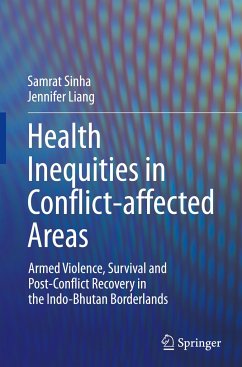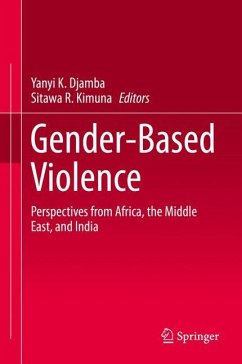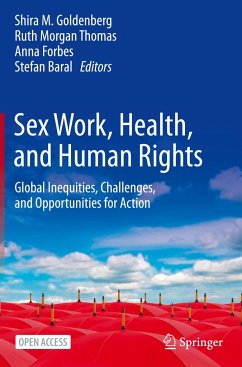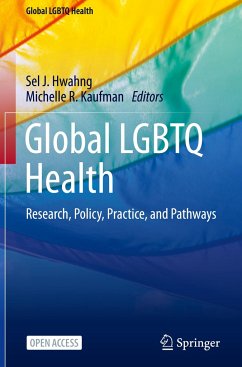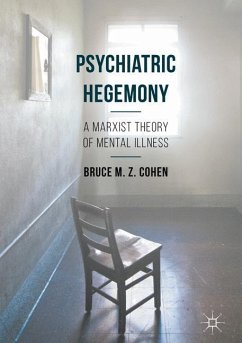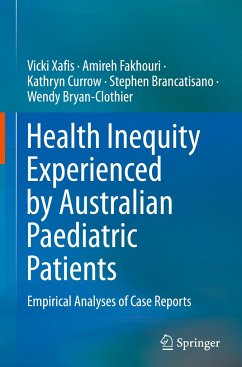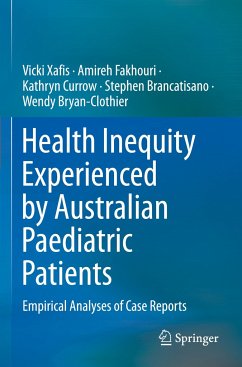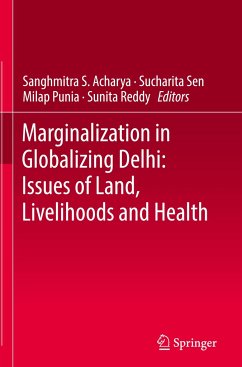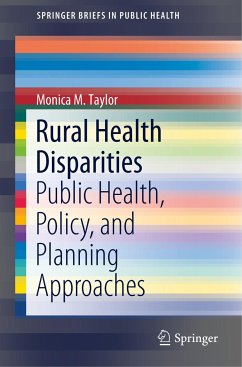
Health Inequities in Conflict-affected Areas
Armed Violence, Survival and Post-Conflict Recovery in the Indo-Bhutan Borderlands
Versandkostenfrei!
Versandfertig in 6-10 Tagen
106,99 €
inkl. MwSt.
Weitere Ausgaben:

PAYBACK Punkte
53 °P sammeln!
This book provides an insight into the issue of health inequity brought about by the violent conflict in Northeast India. While examining the deep vulnerabilities and loss of well-being suffered by families displaced by conflict in the Indo-Bhutan borderland region, the authors raise fundamental questions of accountability and the role of various stakeholders in providing humanitarian assistance to those affected by the conflict. It highlights for the reader the role played by conflict and armed violence in dismantling a functioning public health system and delineates the long-term barriers to...
This book provides an insight into the issue of health inequity brought about by the violent conflict in Northeast India. While examining the deep vulnerabilities and loss of well-being suffered by families displaced by conflict in the Indo-Bhutan borderland region, the authors raise fundamental questions of accountability and the role of various stakeholders in providing humanitarian assistance to those affected by the conflict. It highlights for the reader the role played by conflict and armed violence in dismantling a functioning public health system and delineates the long-term barriers to post-conflict recovery. The book is written by those who have worked in implementing development and peacebuilding programs in the Bodoland Territorial Region (BTR) of Western Assam. The book especially brings to the fore the voices of those communities directly affected by conflict in Bodoland. The book is valuable to researchers, development practioners and policy makers. Given the uniqueformat of the book, which includes a number of case studies, it is particularly useful for students of development, public health and allied disciplines such as international relations as well as peace and conflict studies.



